Linda Curran – Addiction, Trauma, & Adverse Childhood Experiences (ACEs)
$200.00 Original price was: $200.00.$75.05Current price is: $75.05.
The science is clear and overwhelming about the lasting effects of adverse childhood experiences, developmental trauma, and attachment wounds.
Linda Curran – Addiction, Trauma, & Adverse Childhood Experiences (ACEs)
Clients are desperately trying to make sense of their symptoms of depression, free-floating anxiety, addictive behaviors, dysregulated emotions, physiological arousal, and seemingly unrelated medical issues. They look to you to create an understanding, provide an accurate diagnosis, and layout an effective treatment approach; however, you find that you can’t without understanding and addressing their “why”. The science is clear and overwhelming about the lasting effects of adverse childhood experiences, developmental trauma, and attachment wounds.
In this video, you will learn key insights regarding the neuroscience of addiction from the Adverse Childhood Experiences (ACE) Study, one of the largest investigations of childhood abuse and neglect, and the impact on later-life health and well-being. You will understand the important assessment and treatment implications from neuroscience that show us addiction is experience dependent, not substance dependent.
You will learn treatment recommendations from the leading experts in trauma and addictions treatment including:
- Bessel A van der Kolk, MD, New York Times best-selling author and the world’s leading expert on psychological trauma
- Vincent Felitti, MD, co-principal investigator of the ACE Study
- Louis John Cozolino, PhD
- Lance Dodes, MD
- Lisa Ferentz, LCSW-C, DAPA
- Jim Hopper, PhD
- Gabor Maté, MD
- Lane Pederson, PsyD, LP, DBTC
- Mary Lou Schack, PhD
Fusing research and theory about attachment and complex developmental trauma, these experts provide invaluable insight that informs our therapy, including:
- The therapeutic alliance, along with all its inherent challenges with boundaries and clinical enactments
- The use of contemplative practices for changing the brain
- Teaching skills for self-regulation
- Evidence-based modalities for both stabilization and processing traumatic material
- Present the findings of The Adverse Childhood Experiences Study (ACEs) and ascertain its clinical implications.
- Articulate the impact ACEs have on an adult client’s morbidity and mortality and explain how this may inform treatment recommendations.
- Implement 10 additional trauma-informed questions in the general medical questionnaire, and use the information gathered to inform the clinician’s choice of treatment interventions.
- Apply treatment components of Dialectical Behavior Therapy to improve clinical outcomes among clients with mental illness, addiction, and dual diagnosis.
- Analyze the efficacy of 12-step programs in addiction treatment.
- Apply the findings of the ACEs study to your clinical treatment planning for the management of a client’s addictive, self-harm and violent behaviors.
Would you like to receive Linda Curran – Addiction, Trauma, & Adverse Childhood Experiences (ACEs) ?
- The Origins of the ACE Study
- 10 Categories Studied
- Categories of Abuse
- Physical
- Emotional
- Contact Sexual
- Categories of Neglect
- Emotional
- Physical
- Categories of Household Dysfunction
- Household Substance Abuse
- Mother Treated Violently
- Household Mental Illness
- Incarcerated Household Member
- Parental Separation or Divorce
- Categories of Abuse
- Demographics
- Impact on
- Emotional State
- Mental Illness
- Social Malfunction
- Occupational Performance
- Biomedical Health
- Disease
- Premature Death
- Damage Occurs
- Various “Maladaptive” Coping Mechanisms
- Evidence Against the Disease Model of Addiction
- People Couldn’t Stop Using
- Spontaneous Remission
- Shift to Behavioral Addictions
- DA Response is Immediate
- Different Causes of Relapse
- Evidence Against the Disease Model of Addiction
- Chronic Unrelieved Stress on the Brain
- Disrupted Brain Development
- Epinephrine
- Norepinephrine
- Cortiso
- Dopamine
- Serotonin
- Disrupted Brain Development
- Epigenetics
- Borderline Personality Disorder
- Re-victimization
- Complex PTSD
- Various “Maladaptive” Coping Mechanisms
- Implementing ACE Study Information
- The Addition of 10 Trauma-Oriented Questions
- Treatment
- Neuroscience of Trauma
- Addiction Treatment Trauma
- 12 Step Program vs. Treatment
- Rehab
- Recommendations
- Therapeutic Relationship Complex Trauma
- Therapeutic Alliance
- Clinical Enactments
- Mandated Therapy for Therapists
- Simple Interventions
- The Body and the Brain; Embodiment Circuitry
- 5 Functions of DBT
- Increasing Client Motivation
- Increasing Client Capability
- Generalize Skills
- Increasing Therapist Motivation
- Structure
- DBT Skills
- Mindfulness
- Distress Tolerance
- Emotion Regulation
- Interpersonal Effectiveness
- DBT Interventions
- More on the Phase Model of Treatment
- Simple vs. Complex PTSD
- Trauma Processing Modalities
- Evidence-Based Practice
Please Note: PESI is not affiliated or associated with Marsha M. Linehan, PhD, ABPP, or her organizations.
Here’s What You’ll Get in Linda Curran – Addiction, Trauma, & Adverse Childhood Experiences (ACEs)
Linda Curran – Addiction, Trauma, & Adverse Childhood Experiences (ACEs) : Sample
Be the first to review “Linda Curran – Addiction, Trauma, & Adverse Childhood Experiences (ACEs)” Cancel reply
Related products
Health & Medical
N. Bradley Keele – Psychopharmacology Update – Medications, the Brain, and Behavior
Health & Medical
Health & Medical
Deborah Dana – Polyvagal Theory in Action with Deb Dana, LCSW
Health & Medical
Health & Medical



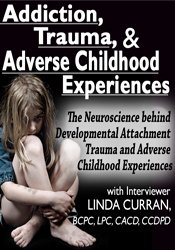
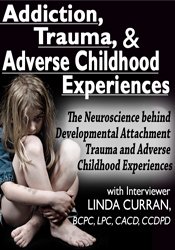

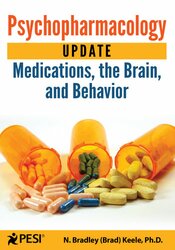
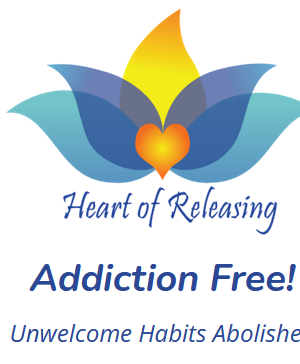
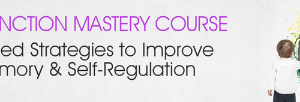
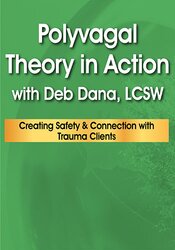


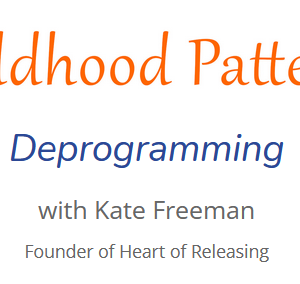
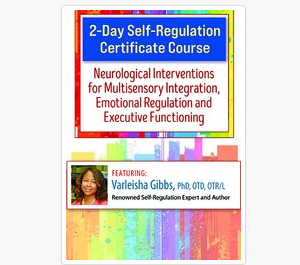
Reviews
There are no reviews yet.